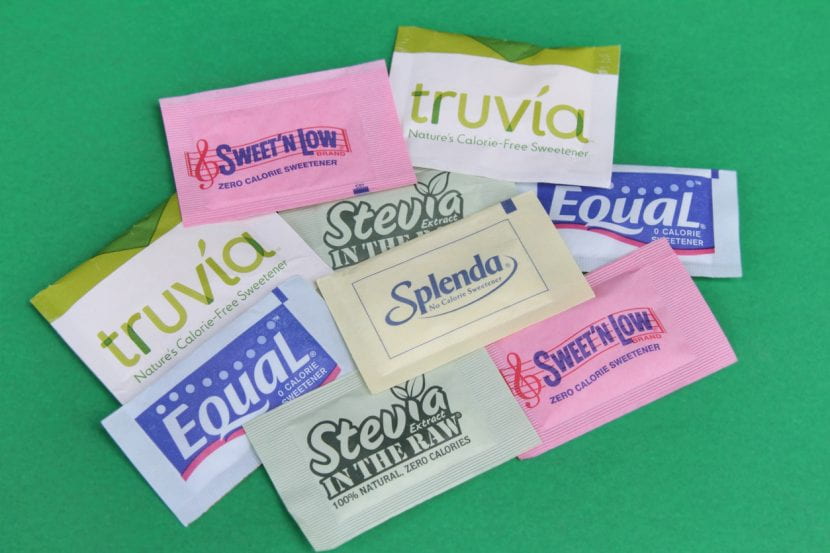In a previous post we debunked some common myths about artificial sweeteners and how they differ from sugars. In this post, we will go a bit further into the differences between artificial sweeteners and natural sugars.
What’s the difference?
Natural sugars are the sugars found naturally in whole foods. Glucose and fructose are natural sugars, and are found in fruits and vegetables. On the other hand, artificial sweeteners are sugars that are chemically modified in a lab and provide sweetening typically without calories.
Another difference between natural sugars and artificial sweeteners is how they are broken down in the body. For example, if you were to eat a banana, you would be getting fructose, along with fiber, vitamins, and minerals. Fiber slows down the breakdown of food and therefore slows down the absorption of sugars in the blood.
Artificial sweeteners are made in a lab; they do not contain fiber, vitamins, and minerals and do not administer the same positive health effects as natural sugars do.
Below is a list of natural sugars and the food items they are commonly found in.
| Natural Sugars | Foods that Contain Natural Sugars |
| Glucose | Pasta, whole grains, legumes, and vegetables |
| Fructose | Fruit |
| Sucrose | Table sugar, sweetened products (cereal, yogurt, ice cream, etc.) |
| Lactose | Milk |
Below is a list of artificial sweeteners and their brand names.
| Artificial Sweetener | Brand Name |
| Acesulfame Potassium (acesulfame K) | Sunett® and Sweet One Ⓡ |
| Saccharin | Sweet N Low®, Sweet Twin®, and Necta Sweet® |
| Aspartame | NutraSweet® and Equal® |
| Neotame | Newtame® |
| Sucralose | Splenda® |
| Advantame | n/a |
| Xylitol | Polysweet® and Xylosweet® |
Artificial sweeteners can be used in moderation in baking and cooking. If you are trying to lose weight or have to monitor your blood sugar levels, artificial sweeteners are great for providing sweetness without calories.
Remember, moderation is key. We should all aim to be eating less than 25 grams (6 teaspoons) of added sugar per day.
Feel free to comment below with any other questions you have on natural sugars and artificial sweeteners.

